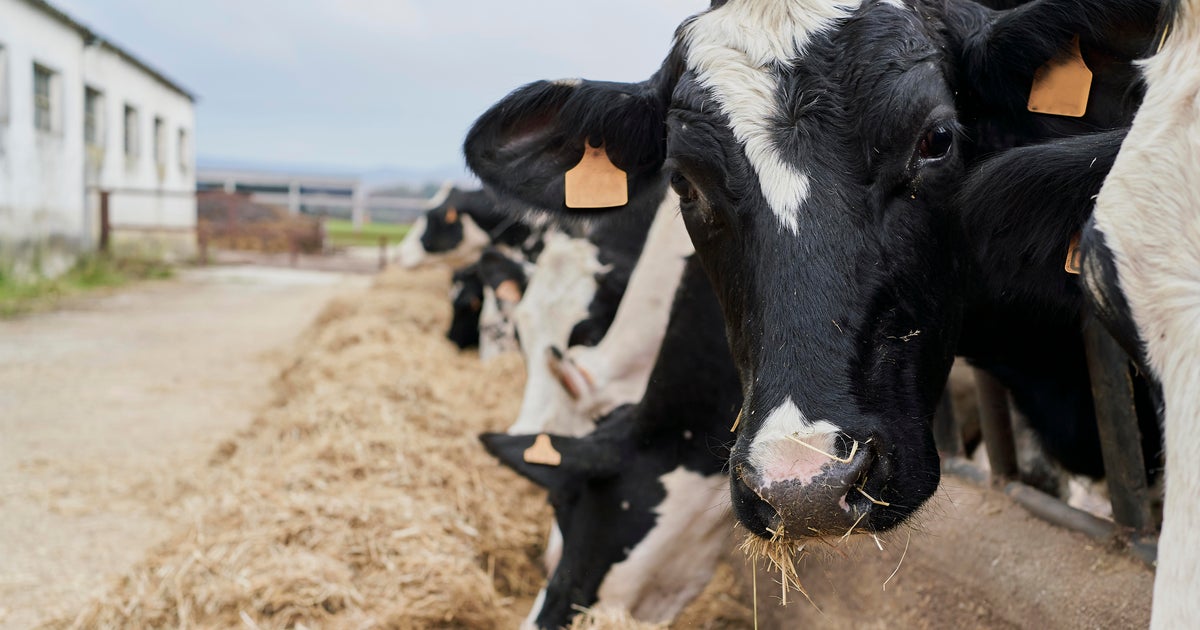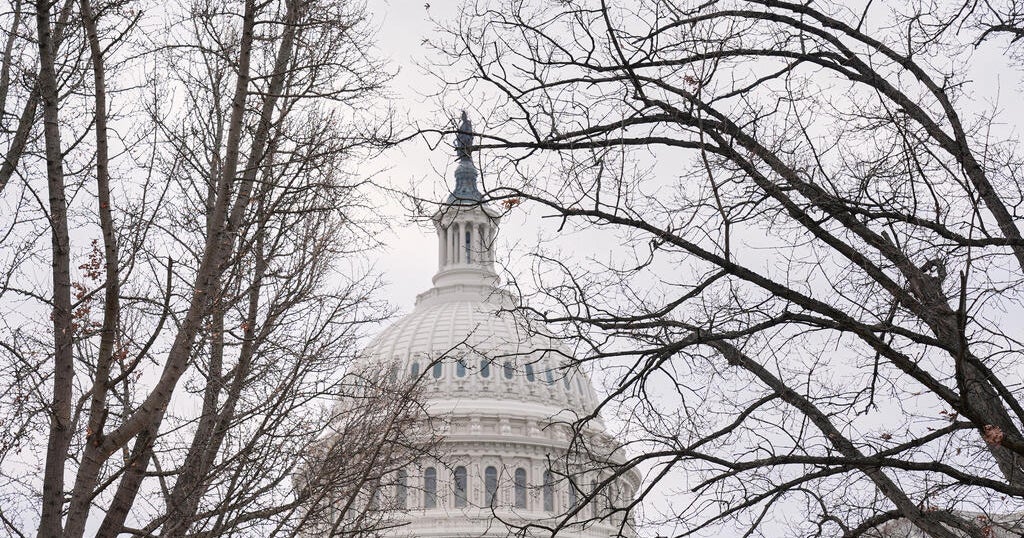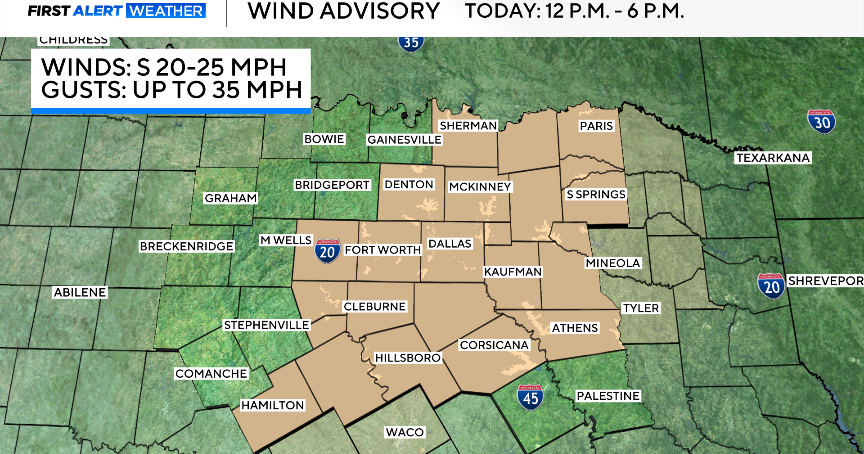MTU, MSU Get Grants To Study Extreme Weather's Effects
HOUGHTON -- The United States Environmental Protection Agency is funding more than $1 million in research by scientists at Michigan Technological University and Michigan State University.
Their studies will attempt to determine the impact of extreme weather on air and water quality.
Michigan Tech will receive $374,960 to study projected changes in weather, such as heat waves, lightning and lightning-caused wildfires, and their impact on air quality. Researchers will attempt to quantify the impact of extreme weather on particulate matter and smog, which can harm human health.
The principal investigator at Michigan Tech is Shiliang Wu, an assistant professor in geological and mining engineering
and sciences. His co-PI is Adjunct Professor R. Chris Owen.
Michigan State will receive $750,000 to quantify the relationship between extreme weather events and harmful algal blooms and to predict the effects of climate change on algal blooms and water quality. Using satellite images and water-quality models, MSU researchers will work to improve long-term water quality management.
"It's important to understand how extreme weather events affect air and water quality," said Bob Kavlock, deputy assistant administrator for science for EPA's Office of Research and Development, in announcing the grants.
Over the past several months, EPA has awarded nearly $9 million to 14 projects to research and develop tools and technologies that help prepare air and water quality management systems for extreme weather.
For more information about the projects, see this list of all projects and look for Michigan Tech and MSU.







